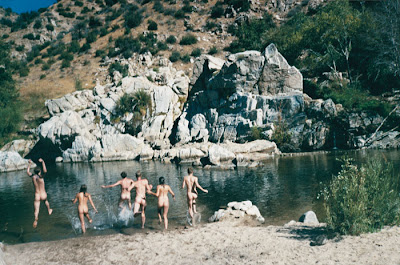GNP Measures count goods and services that are exchanged for money.
So I read some more and I found this quote:
"Yet the gross national product does not include the beauty of our poetry or the strength of our marriages; the intelligence of our public debate or the integrity of our public officials. It measures neither our wit nor our courage; neither our wisdom nor our learning... it measures everything, in short, except that which makes life worthwhile."
- Robert F. Kennedy on what GNP means.
March 18, 1968
Then I found this...
- GNH (Gross National Happiness)

GNH Measures the extent to which countries deliver long, happy, sustainable lives for the people that live in them.
"Everyone accepts that GDP (Gross Domestic Product) alone cannot tell us anything of substance about how we are doing as a species. It tells us nothing of the state of our planet, or the wellbeing of its people. It is simply an indiscriminate measurement of economic activity. The Happy Planet Index is a step towards developing alternatives."
- Zac Goldsmith MP
What do you think? my question is: why can't both, GNP and GNH be considered when trying to understand the well-being of a nation? Does it have to be one or the other?
HAPPY MONDAY!








